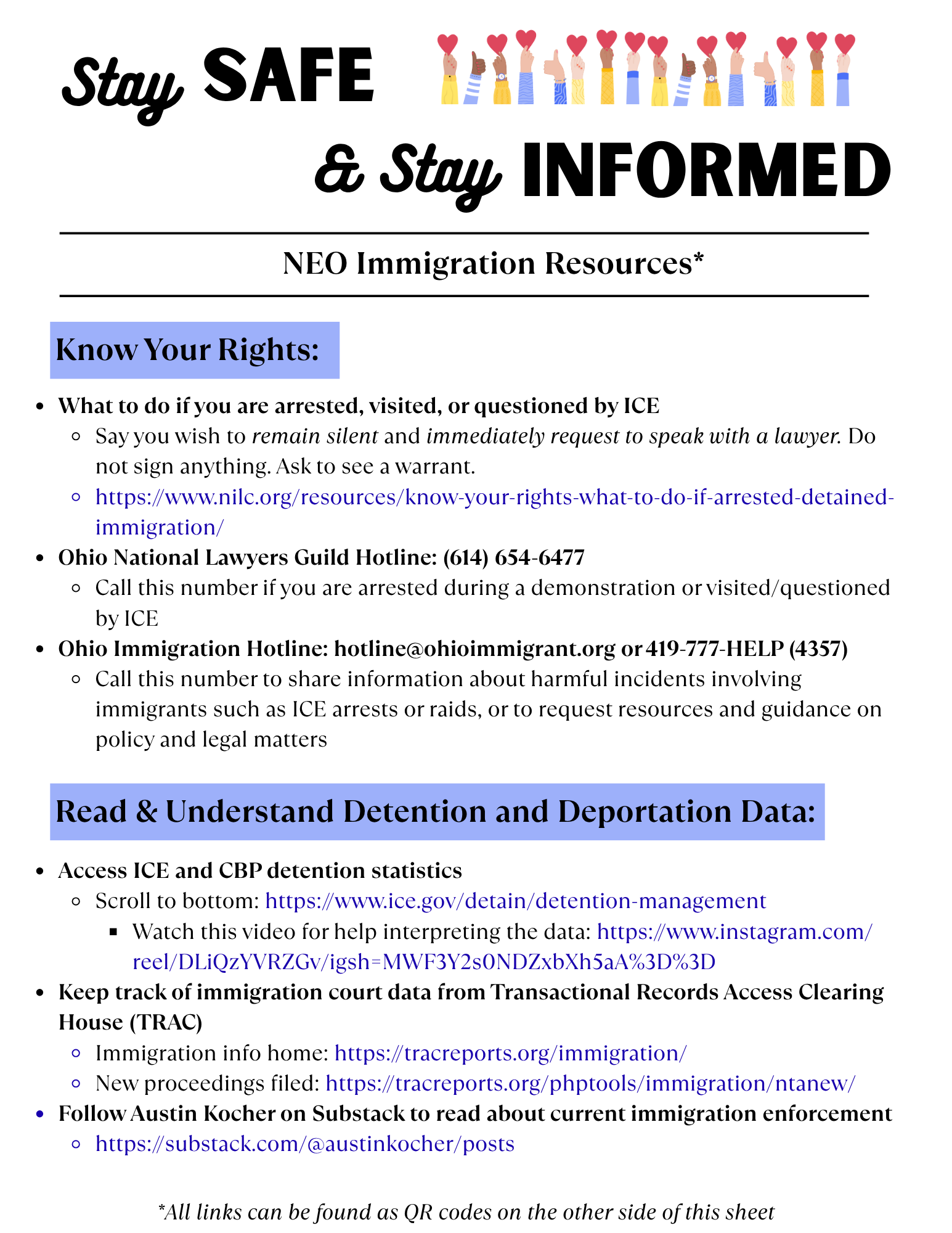As immigration raids sweep through Latino neighborhoods across the U.S. Southwest, Catholic and interfaith communities are stepping up as lifelines of faith and resistance. In Coachella, California, parishioners deliver food to immigrants too terrified to leave their homes. In Nogales, Mexico, nuns and volunteers cook daily meals for deportees. And in El Paso, faith groups pray outside federal buildings as they watch asylum seekers’ cases—most ending in denial.
While politicians defend the crackdown as “the Lord’s work,” church leaders are calling it what it is: a moral crisis. Pope Leo XIV has condemned mass deportations as “inhuman,” urging U.S. bishops to speak louder for compassion. Bishop Mark Seitz of El Paso and others have taken that call to heart, demanding solidarity and reminding the faithful of America’s founding ideals of justice and welcome.
Across border cities, fear runs deep—families skipping Mass, children too afraid to go to school, priests celebrating online to reach those in hiding. Yet amid raids, trauma, and despair, faith endures. From Texas to California, believers continue to feed, shelter, and stand with the persecuted, transforming prayer into quiet defiance against a system that criminalizes hope.




